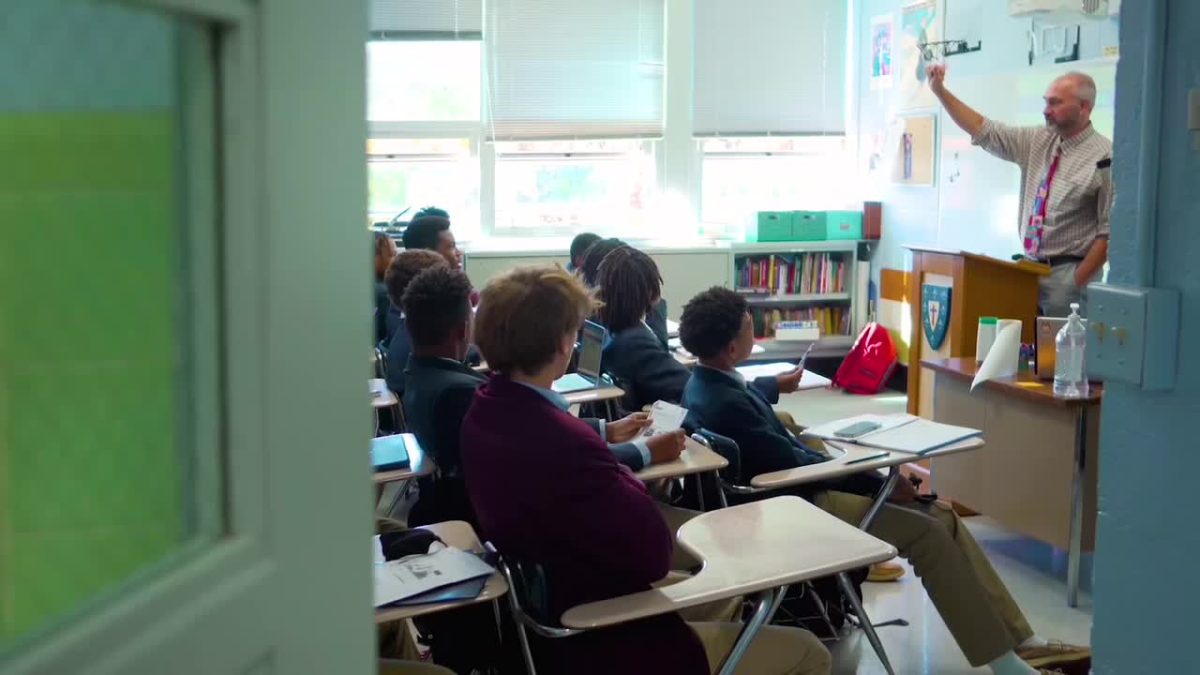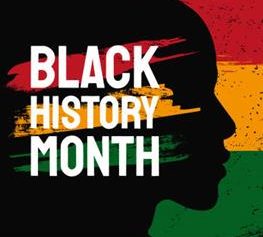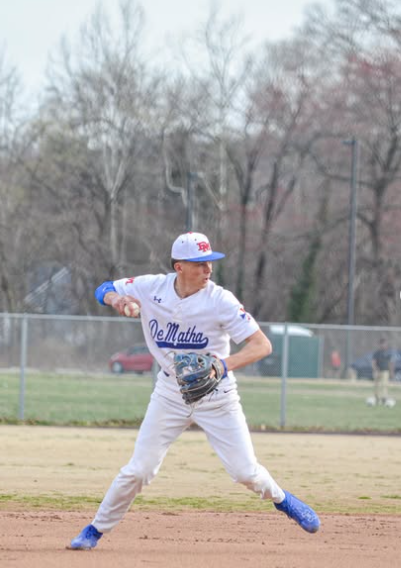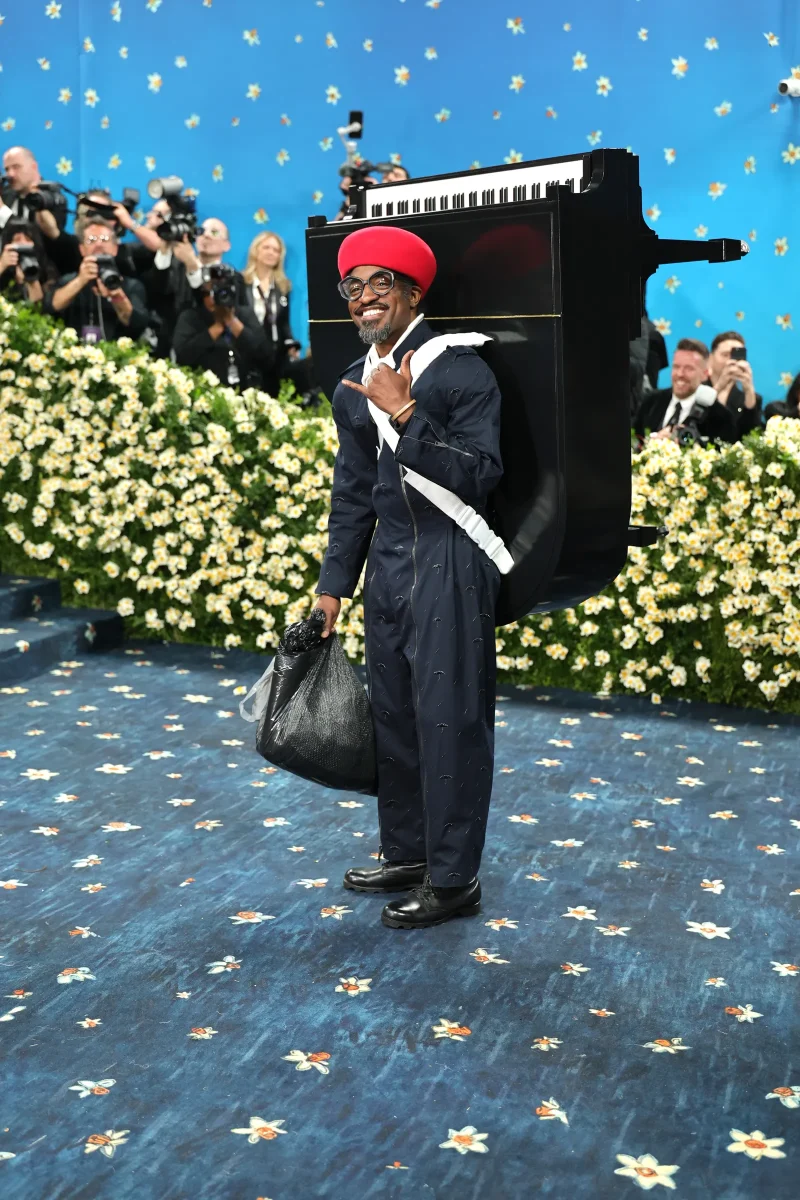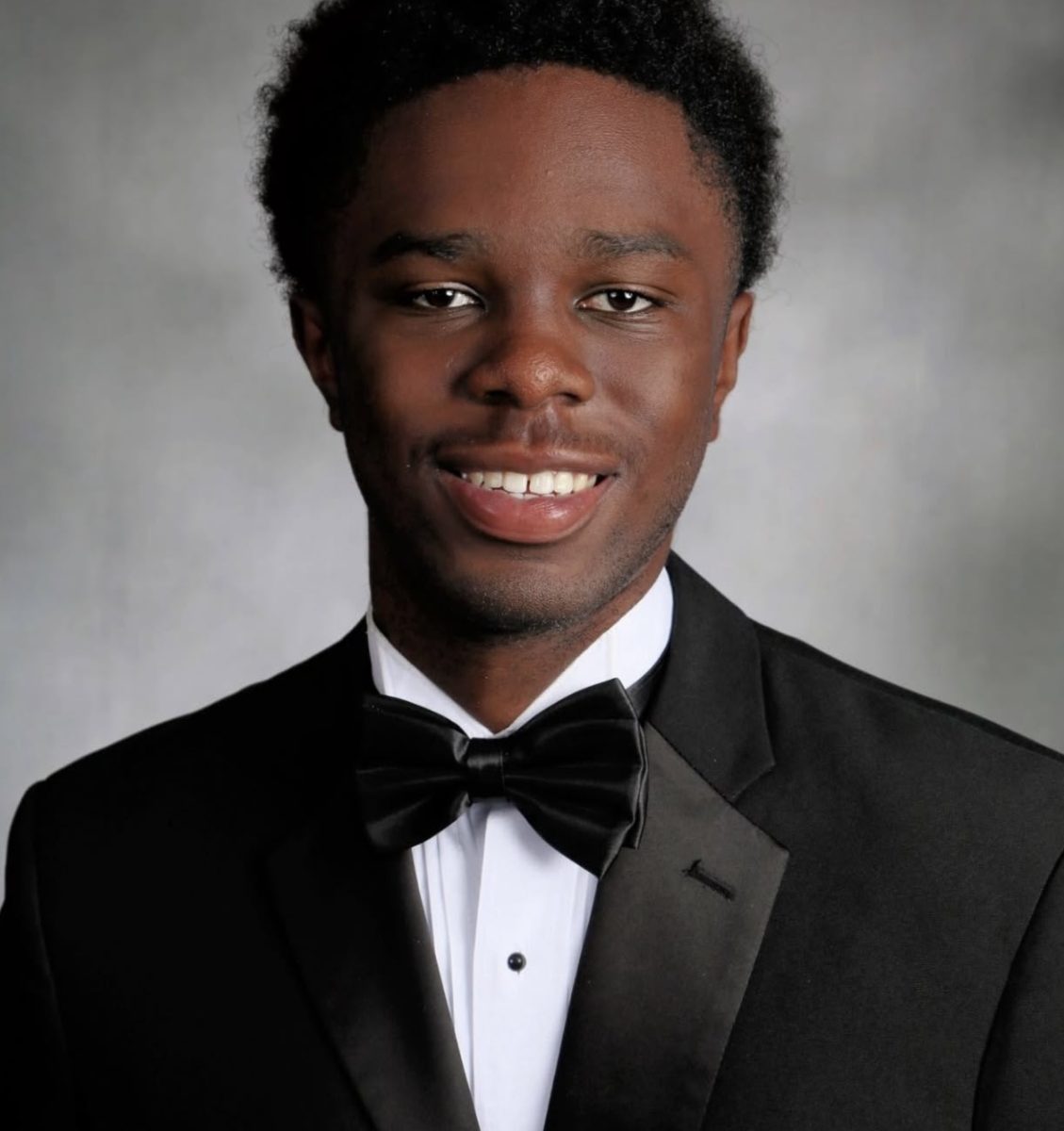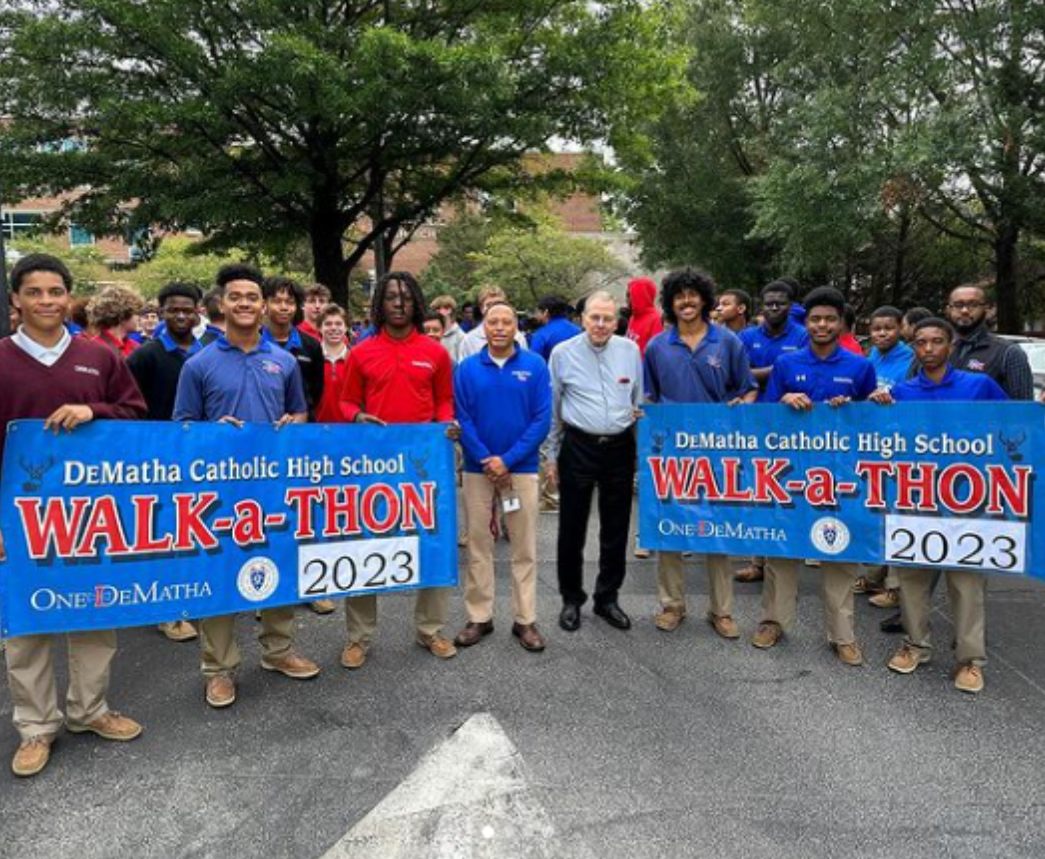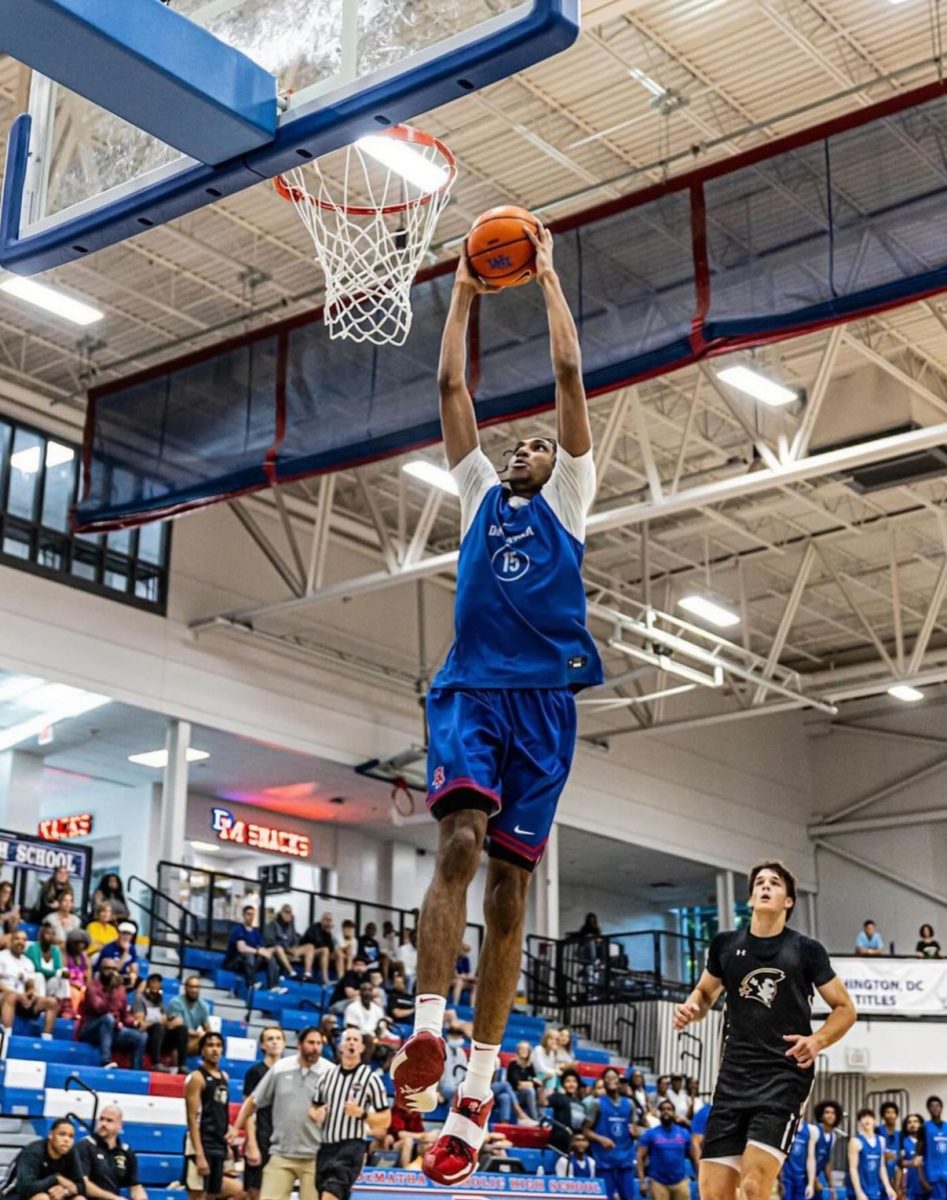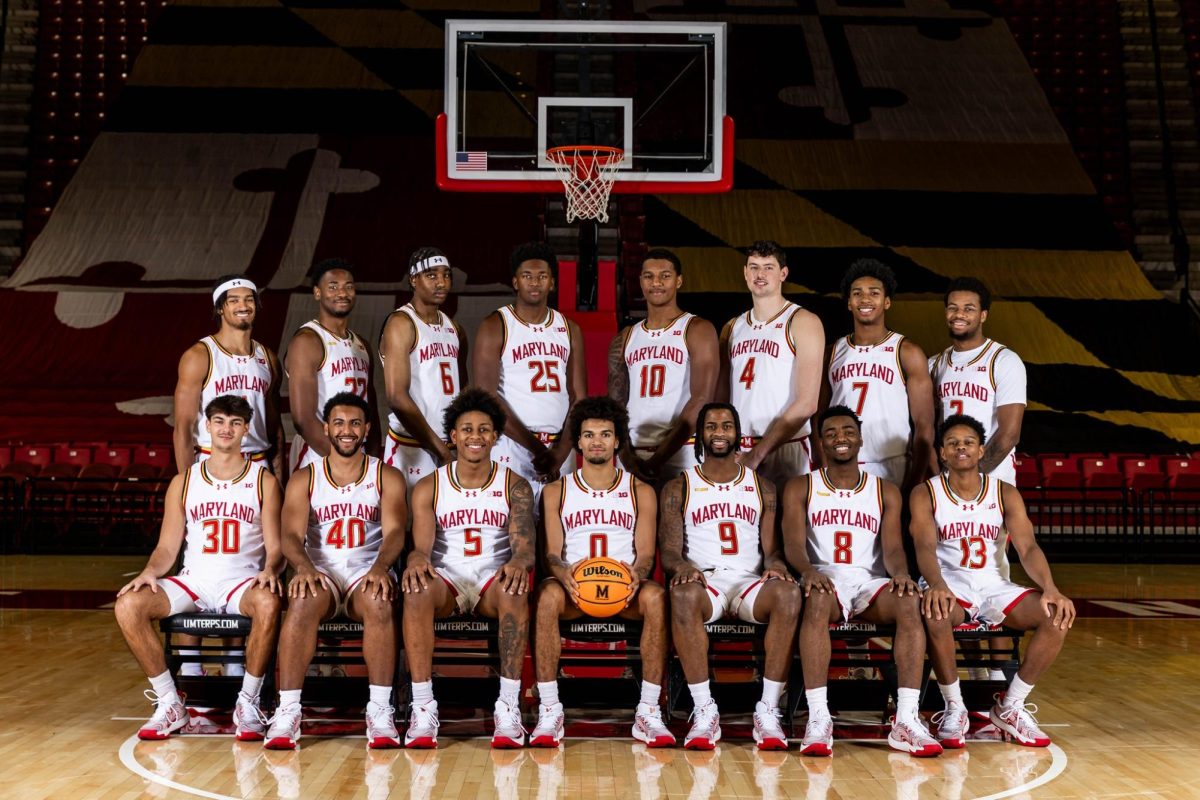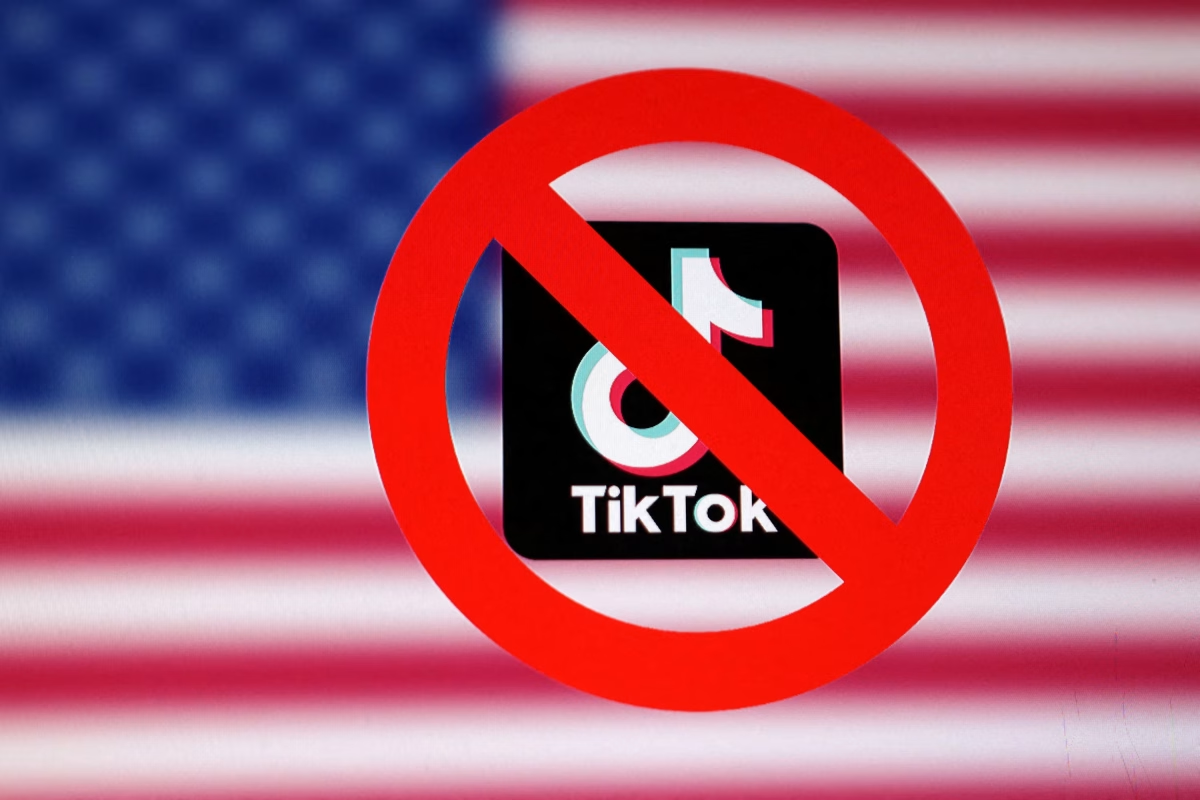Help Thy Neighbor: A Community’s Response to Immigrant Rights and Aid
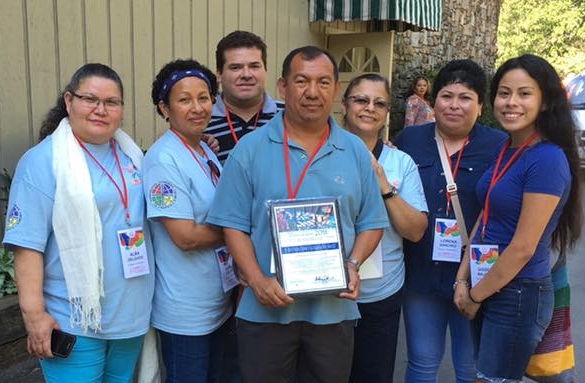
Fr. Vidal, along with St. Matthew’s, is extremely active within both the Hyattsville and Latino community. Credit: St. Matthew’s Episcopal Church
January 22, 2023
As a constant stream of immigrants and refugees are bused up from our southern border, they often find themselves in places where they have no support system or ample assistance. Examples of this can clearly be seen when Governors Greg Abbot and Ron DeSantis sent hundreds of immigrants to Martha’s Vineyard and Vice President Harris’ residence in D.C., mostly as a political act. Even as government officials continue to use these people as political pawns, there are some who have taken action to ensure that those sent here are both treated with proper dignity and helped to get back onto their feet.
Among those helping out is Father Vidal of St. Matthew’s Episcopal Church in Hyattsville, who are hosting several immigrant families. When he sat down to answer questions, it was clear he was a busy man. He was greeted by several of the children of the families staying at the church, his phone kept on ringing, all within the converted gathering hall that was serving as a home for many families. He spoke little English, and most of the questions were relayed and translated through Father Josh, a Trinitarian priest who was volunteering that day. Managing all of this may be challenging to some, but to Fr. Vidal, it was nothing considering his background.
From 1979 to 1992, his home country of El Salvador was embroiled in a vicious civil war. Following decades of conflict between left and right-wing paramilitary groups, including a coup that caused violence to erupt even further, Fr. Vidal’s mentor St. Archbishop Oscar Romero was assassinated in 1980. The murder of the renowned humanitarian led tensions to their breaking point, plunging the Central American country into war.
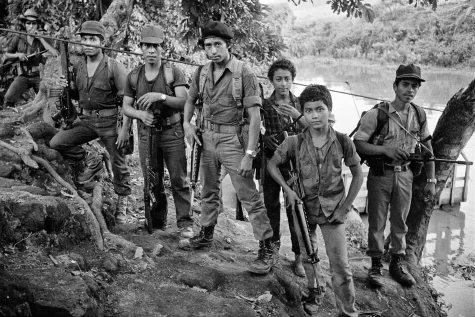
Credit: Scott Wallace/Getty Images
During this period, he worked with his parish to help protect 1000 families over the course of the war. Most of this came in the form of aid, like giving food and supplies, though oftentimes the families needed more. In the last month of the war, the area in which Fr. Vidal was faced with near constant combat and shelling, forcing the families to find shelter wherever they could. They found refuge within Fr. Vidal’s parish, where “every church and school building was full of people.”
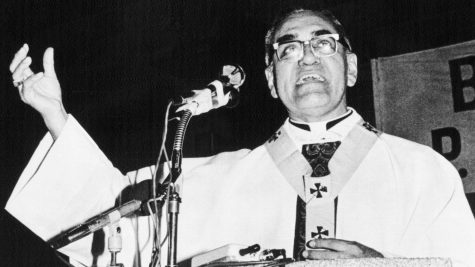
Credit: Bettmann Archive
Even then, it was impossible to ensure that everyone made it through the conflict. Two men that were helping Fr. Vidal organize relief and aid efforts were killed by militants, simply “because they were being charitable.” Violence against the religious was unfortunately common during the war, resulting in the most notorious acts of the conflict, the aforementioned assassination of St. Archbishop Romero, the murder and rape of four American churchwomen in 1980, and the Jesuit Massacre of 1989.
Once the war ended, Fr. Vidal moved to the U.S. in the late 90s, though he never stopped fighting for his people. For 23 years, he has organized protests and walks to push for support for DACA, immigration visas, all as a part of the group Faith in Action. Fr. Vidal has pushed for the U.S. government to expand programs for recent immigrants, and is working with representatives from the U.S., Mexico, and South America to form substantive aid.
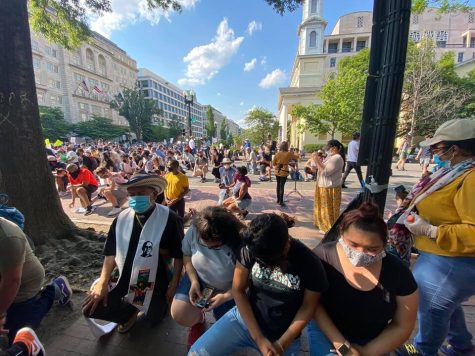
Credit: St. Matthew’s Episcopal Church.
One of his more cardinal achievements in aid, however, was founding the Community of Solidarity of St. Oscar Romero several years after he arrived in the U.S. Like most of Fr. Vidal’s other work, it is focused on gathering different Christian faiths to work towards increasing rights for refugees.
Unfortunately, many countries in Central America are being confronted with the same challenges El Salvador faced decades ago. Extreme poverty, lack of basic security, and little to no work opportunity are just some of the myriad problems that plague the region. One of the more notorious issues in these countries is crime. “A lot of mafioso gangs,” Fr. Vidal says, “are extorting families for money.”
The United Nations Office on Drugs and Crime found that El Salvador, Guatemala, and Honduras, collectively dubbed the “Northern Triangle,” have some of the highest rates of homicide in the world, spurred on by the drug trade and related activities. Remaining networks that were used to transport soldiers and weapons during the various conflicts were often converted into criminal organizations once peace was made, making it easier for criminal activities to expand, according to the Wilson Center. In particular, El Salvador’s wartime networks, which are now gangs headed by former military strongmen, are heavily utilized by cartels in Mexico and Colombia to traffic drugs.
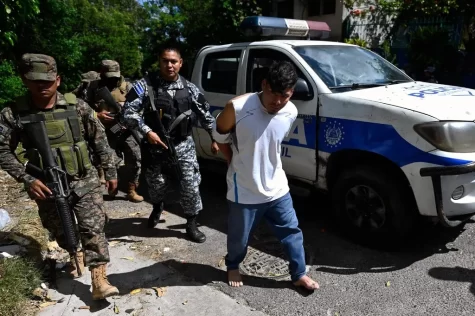
Credit: Marvin Recinos/Agence France-Presse
For these reasons, families leave these countries in search of a better life. When they make it to the U.S, however, they find a new set of problems facing them. Affordable housing, food, and job opportunities are all things in short supply to recent immigrants.
As a result of this, many immigrants and refugees live in poverty. Fr. Vidal and the parish at St. Matthew’s do their best to combat this problem, giving families temporary housing and helping them to find jobs. For families that have found housing, the church gathers money to pay for the first month’s rent. Money comes from the Episcopal Diocese and other various churches around the DMV, and some churches donate furniture as well.
The challenges in finding affordable housing were well illustrated by Fr. Vidal. On December 21, they were able to move two families into housing, but at a high cost. Rent for one room is $850 a month, and “two bedrooms is double that.” Another family that was able to find lodging in a split basement in Silver Spring found themselves in shelter at the cost of $1000 a month. As many immigrants from Latin America unfortunately arrive without support systems, paying such high costs for basic needs can put undue stress on families and people already escaping worse conditions in their home countries.
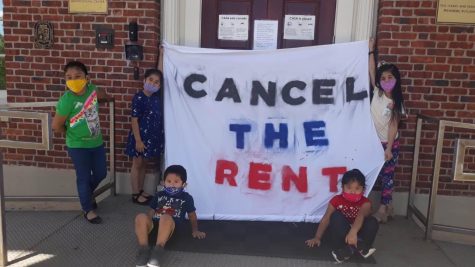
Credit: CASA
With all the help being given by volunteers, one can only see a wide disparity in the response the government has had. Fr. Josh, halfway through translating for Fr. Vidal, interjected. “I can answer that. No.” Both priests agreed that the aid given by the government has been lackluster and insufficient compared to the staggering amount of help needed. “The government may be allowing them in,” Fr. Josh said, “but nonprofits and churches have to take care of them. If not, they’d be on the streets.” The suffering of the immigrants and refugees are falling on the deaf ears of the government, and as many are undocumented, substantial aid is hard to get.
Issues like this hit close to home for many of the people St. Matthew’s is aiding. A woman who’s being helped by the church has a son who is being afflicted by cancer, and even though he is a citizen, she cannot afford the insurance. In Fr. Vidal’s words, “If the government is going to let people in, give them proper documentation, legal support, healthcare, and education.”
Alongside a lack of substantial aid from the government, there are also many who oppose any help at all. Shown by the success of candidates like Donald Trump and Ron DeSantis, anti-immigrant rhetoric has proven to be both widespread and extremely effective. Fr. Vidal feels that, even though many people repeating anti-immigrant speaking points are Christians, they are faking their faith. “Maybe they need to think about what Christian they are, as true Christians love their neighbor.”
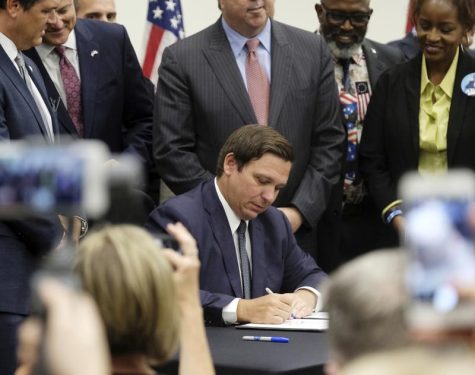
Credit: Michael Snyder/Northwest Florida Daily News
With an operation as big and important as St. Matthew’s is running, help is always needed. One of the people who have stepped up to help is senior Chase Pearson, who’s work with the church has been indispensable. Having worked with Chase on projects before, it was clear that he had a passion for charity and helping the less fortunate. These feelings were more of a recent calling, however. In December of his junior year, he remembers watching a video about giving back to the community in small ways. “It really stuck with me,” he said, “and I decided to build upon it.” With plenty of time for reflection during the pandemic, he realized that one of his passions was helping people. With the help of both Mrs. Bright and Fr. Josh, who both work in the Campus Ministry for DeMatha, Chase was able to start.
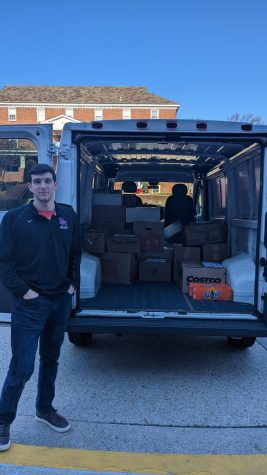
Credit: Erin Bright
After several community-based service projects done with the help of the sports teams around the school, he found out about the work St. Matthew’s was doing through his connections in Campus Ministry. It was the first time an outside group has helped the parish out, for practical reasons. As many refugees and immigrants come undocumented, the church is apprehensive about giving out information. Once those fears were assuaged, Chase began work on setting up the aid.
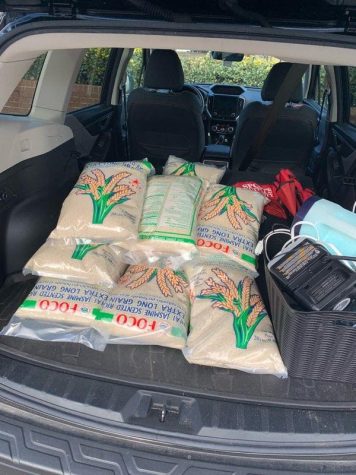
Credit: Erin Bright
When starting out the project, he wanted it to be a student-led one. “We wanted to have it set up around a shared theme of service,” he stated. Chase’s previous experience in setting up fundraisers with the sports teams came in handy, as this was one of the biggest projects he’s worked on. Even though it initially was just about food for the families, since the project was taking place during the holidays, he wanted to combine it with toys and gifts for the families “in the spirit of Christmas.”
Showing up that Wednesday morning the week before Christmas to help deliver the food and presents to St. Matthew’s, the large-scale of the project was evident. Two whole rooms, including the school chapel, were filled with various food items, like rice, corn, and chicken, along with toys and gift cards for the children. Dozens of students from various sports teams and organizations across DeMatha participated in both packing and delivering the aid. The scale was evident, but so was the care put in. Each family had specific food and toys based on their needs and wants. A project like this would be hard for anyone to take on, let alone a full-time student and athlete like Chase is. To him, however, he finds joy in the fact that so many of his classmates came to help out. “When I came up with the idea, it was a small idea,” Chase remembers, “but Mrs. Bright and Fr. Josh wanted to have the classmates and sports teams help. Without them, it wouldn’t have had such a big impact.”
Even though it is hard to ignore that there is a political aspect to such work, Chase wants people to look past the political aspect of it. Rather than doing good acts for a political agenda, he wants people to do them out of the kindness of their own hearts. “Politics are always messy…I do work like this because I want to be like Jesus, like a disciple,” he said. With this in mind, he still sees both sides of the argument surrounding immigration. He understands that the government has a need to maintain security, which is important to him, but he also thinks that they should help people in need, especially refugees and immigrants. Ultimately, he thinks that it’s “up to the people to make change for themselves.”
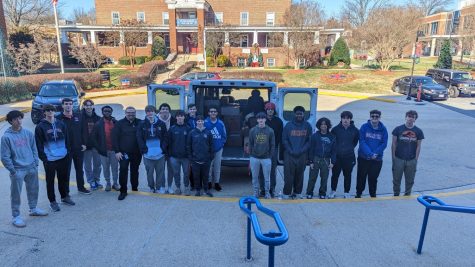
Credit: Erin Bright
In the same way he sees both sides of possible government responses to the refugees, he realizes that the public response is also a complex issue. He understands that viewpoints differ, and can see why some people might be reluctant to give aid. However, once one realizes the suffering these people go through, Chase feels, they should worry less about “the consequences of helping someone, as above all these people have dignity and want to have safety, to support themselves, and jobs.” Keeping with a more Christian view of things, he thinks that it’s our duty to help our “neighbor to achieve that.”
While one can debate the politics, ethics, and ramifications of increasing aid to refugees, it is important to realize that this is a real issue that affects real people. They aren’t pieces on a chessboard to be moved around to get political points; as Chase said, these people have dignity and deserve to be treated as such. The way a society treats those less fortunate than them can oftentimes be indicative of the state of it. If this country wants to stand as the champion of the battered, of the less fortunate, and of the downtrodden, we must make great changes to help them. After all, the Statue of Liberty puts it clearly. “Give me your tired, your poor, Your huddled masses yearning to breathe free, The wretched refuse of your teeming shore. Send these, the homeless, tempest-tost to me, I lift my lamp beside the golden door!”

